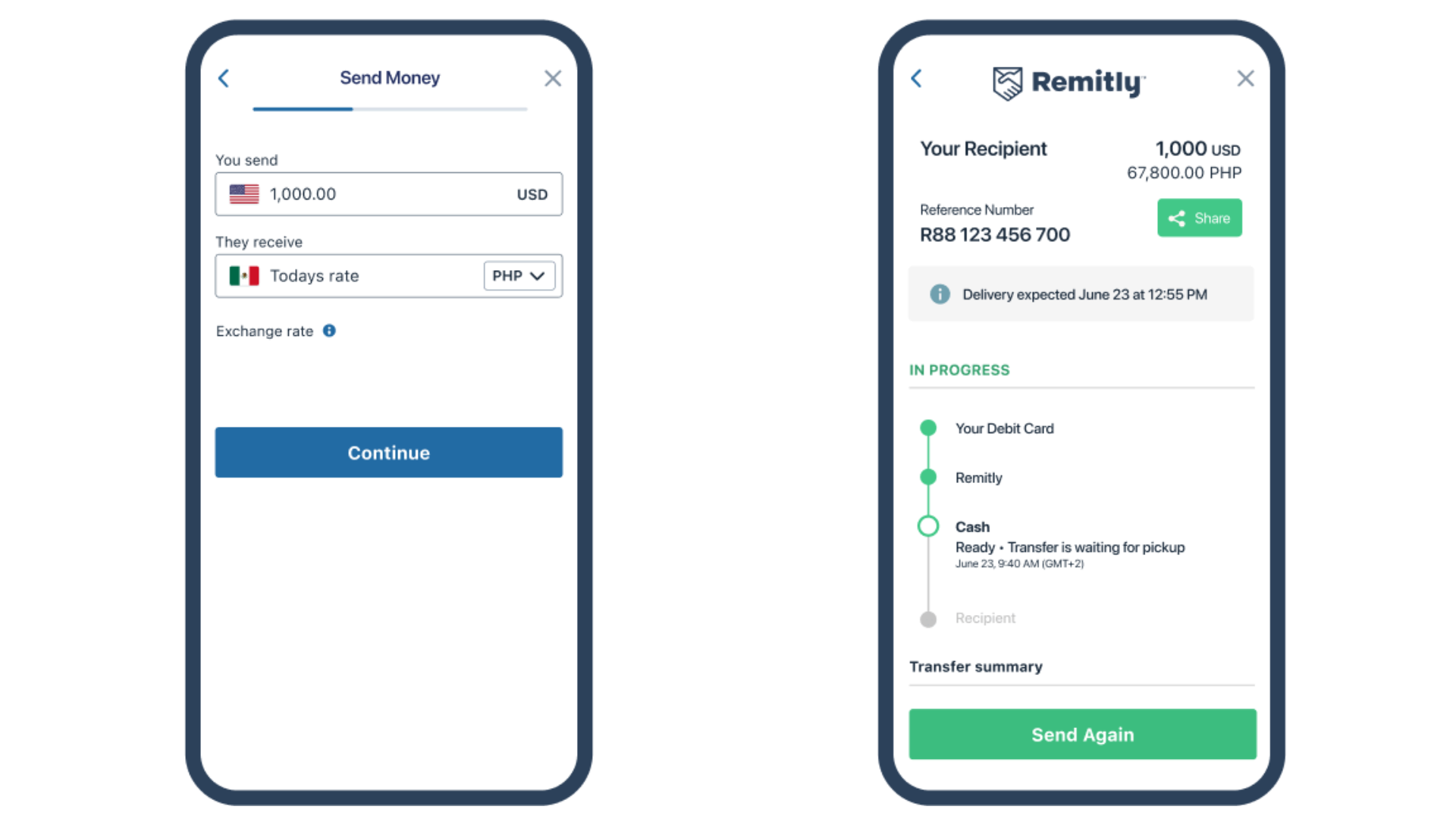Are you struggling to set effective HR goals that lead to significant improvements in your organization? Studies show setting specific, measurable, achievable, relevant, and time-bound (SMART) goals can guide your team toward success.
This article provides 12 examples of SMART HR goals for any business to adopt or adapt as needed.
Key Takeaways
- SMART goals (Specific, Measurable, Achievable, Relevant, and Time-bound) can guide HR teams toward success.
- Setting HR goals improves focus and performance, increases accountability, and allows the showcasing of results to leadership.
- 12 SMART HR goal examples for companies include creating an employee-centric culture, focusing on employee advancement, improving employee experience, and promoting diversity, equity, and inclusion.
What are HR Goals?

HR goals are specific objectives that human resources teams set to align their efforts with the overall strategic goals of the company. These goals follow the SMART framework, meaning they are Specific, Measurable, Attainable, Relevant, and Time-bound.
Definition of SMART goals
SMART goals stand for Specific, Measurable, Achievable, Relevant and Time-bound. They are clear aims that help in planning your work. You can track each goal because they are specific and measurable.
Each goal needs to be doable to make it achievable. The goal has to be important or relevant to you so you will want to reach it. Lastly, every SMART goal should have a time limit when it must be done by.
This makes us work harder and smarter!
Benefits of Setting HR Goals for Your Team

Setting HR goals for your team provides improved focus, increased accountability, and the ability to showcase results to leadership. Find out how these benefits can positively impact your organization’s performance.
Read more now!
Improved focus and performance
Clear goals help people work better. They know what they need to do. When they have a goal, they can focus on it. It makes their work easier and faster. This leads to high-quality tasks done in less time.
It helps both the workers and the company grow stronger.
Increased accountability
Firms gain much when HR sets goals. A big plus is more watchfulness. This means each member of the team takes charge of their work. They see how their part fits in the full picture.
Goals guide them to make right moves at work. The result? Each person does what they should do to reach company aims. It also helps catch slip-ups before they turn into big issues.
Ability to showcase results to leadership
Being able to effectively showcase results to leadership is a crucial skill for HR professionals. It allows them to demonstrate the impact of their efforts and gain support from higher-ups.
By setting SMART goals, HR can measure their progress and present tangible outcomes that align with the company’s objectives. For example, they can showcase how implementing employee engagement initiatives resulted in a higher retention rate or how diversity and inclusion efforts led to improved team collaboration and innovation.
These measurable achievements help build trust and confidence in HR’s ability to drive positive change within the organization.
12 HR Goals Every Company Should Set
Create an employee-centric culture that prioritizes the well-being and development of all staff members.
Employee-centric culture
An employee-centric culture is essential for creating a positive and productive work environment. This means putting the needs and well-being of employees at the forefront of decision-making.
By prioritizing their satisfaction, engagement, and growth, companies can foster a sense of belonging and loyalty among their workforce. For example, setting a SMART goal to enhance communication channels between employees and management can improve transparency and trust within the organization.
Another goal could be to provide regular opportunities for professional development and career advancement. By establishing an employee-centric culture, companies can create a supportive workplace that attracts top talent, reduces turnover rates, and ultimately drives organizational success.

Clear purpose and values
Setting a clear purpose and values for your company is crucial when it comes to HR goals. By defining these, you can create a strong foundation for your organization’s culture and guide decision-making processes.
Employees are more likely to feel motivated and engaged when they understand the values and purpose of the company they work for. This can lead to higher job satisfaction and improved performance.
Revisiting and reinforcing these core values regularly will help ensure that employees align with them, contributing to a positive work environment where everyone feels valued and respected.
Employee advancement
One important HR goal for every company is to focus on employee advancement. This means providing opportunities for professional growth and development to employees. By offering training programs, mentorship opportunities, and career advancement paths, companies can help their employees learn new skills, gain knowledge, and advance in their careers.
Employee advancement not only benefits the individual employee by increasing job satisfaction and motivation but also helps the company retain top talent and build a skilled workforce.
Improved employee experience
Improving employee experience is a crucial HR goal for every company. It involves creating a work environment where employees feel valued, supported, and engaged. One way to achieve this is by providing opportunities for professional growth and development.
By offering training programs and mentorship initiatives, companies can empower their employees to enhance their skills and advance in their careers. Additionally, organizations should prioritize work-life balance by implementing flexible working arrangements and promoting employee well-being.
This includes providing access to mental health resources and promoting a healthy work culture. By focusing on improving the overall employee experience, companies can boost morale, increase productivity, and retain top talent within the organization.

Focus on people operations
In order to create a positive work environment and keep employees happy, it’s important for HR professionals to focus on people operations. This means putting the needs of employees first and ensuring that their experiences within the company are positive.
By prioritizing employee satisfaction and well-being, HR teams can improve overall productivity and morale. This can be achieved through strategies such as promoting open communication, providing opportunities for growth and development, and offering competitive compensation packages.
Additionally, HR should strive to create a diverse and inclusive workplace where everyone feels valued and respected. By focusing on people operations, companies can foster a culture of trust, collaboration, and engagement among their employees.
Employee retention
Employee retention is a crucial goal for every company. It refers to the ability to keep employees in the organization for a longer period of time. High turnover rates can be costly and disruptive to business operations.
By setting SMART goals, HR professionals can focus on strategies to improve employee retention. For example, one goal could be to reduce turnover rate by 15% within the next year through effective onboarding programs and career development opportunities.
Another goal could focus on enhancing employee engagement and satisfaction levels, which are key factors in retaining talent. By implementing initiatives such as regular feedback sessions, recognition programs, and providing growth opportunities, companies can create a positive work environment that encourages employees to stay with the organization.
Organizational flexibility
Organizational flexibility is an important HR goal for every company. It involves being adaptable and responsive to changes in the business environment. One example of a SMART goal related to organizational flexibility is to implement agile practices within the HR department, such as using cross-functional teams and flexible work arrangements.
This can help improve efficiency and employee satisfaction. Another SMART goal could be to establish a culture that encourages innovation and embraces new ideas, allowing the organization to quickly adapt and stay competitive in the ever-changing technology landscape.
By setting these goals, companies can create an environment that fosters flexibility and enables them to navigate challenges effectively.

Understanding business operations language
Understanding business operations language is crucial for HR professionals as it enables effective communication and collaboration with other departments within the organization. By familiarizing themselves with key terms and concepts related to business operations, HR professionals can better align their goals and strategies with the overall objectives of the company.
This includes understanding financial statements, budgeting processes, project management terminology, and performance metrics. Having this knowledge allows HR to contribute valuable insights during decision-making processes, identify areas for improvement, and demonstrate the impact of HR initiatives on the organization’s bottom line.
It also helps in creating a more integrated approach to human resources management by connecting HR practices with broader business goals and objectives.
Employee engagement
Employee engagement is a crucial HR goal that every company should prioritize. When employees are engaged, they feel a connection to their work and are motivated to give their best effort.
This leads to improved productivity and overall performance. Additionally, engaged employees are more likely to stay with the company long-term, reducing turnover rates and saving on recruitment costs.
By focusing on employee engagement as an HR goal, companies can create a positive work environment where employees feel valued, supported, and empowered. Implementing strategies such as regular communication, recognition programs, career development opportunities, and work-life balance initiatives can help enhance employee engagement.
Diversity, equity, and inclusion
An important HR goal for every company is to promote diversity, equity, and inclusion in the workplace. This means creating an environment where people from all backgrounds feel respected and valued.
By embracing diversity, companies can benefit from different perspectives and ideas that can lead to innovation and overall success. HR professionals should set goals to ensure that their hiring practices are inclusive and that employees have equal opportunities for growth and advancement.
They can also implement training programs to increase awareness of unconscious bias and foster a culture of respect and inclusivity throughout the organization.
It’s essential to measure progress towards these goals by tracking metrics such as representation of diverse groups at different levels of the organization or conducting employee satisfaction surveys related to inclusion.
Providing resources, support networks, mentorship programs, or affinity groups for underrepresented employees are additional strategies that HR departments can adopt to foster a sense of belonging within the workforce.
Safe and secure environment
Every company should prioritize creating a safe and secure environment for its employees. This means implementing measures to protect employees physically, emotionally, and digitally.
It’s important to have security protocols in place to prevent unauthorized access to sensitive information and ensure data privacy. Additionally, companies should provide training on cybersecurity best practices and create a culture of vigilance when it comes to online threats.
Creating a safe and inclusive workplace also involves promoting respect, trust, fairness, and accountability among employees. By prioritizing the well-being of their workforce, companies can foster an environment where employees feel protected and valued.

Prioritizing feedback
Feedback is an essential part of improving and growing as a company. It allows HR professionals to gather insights from their employees and make necessary changes. One SMART goal for prioritizing feedback could be to increase employee participation in surveys by 30% within the next quarter.
This goal is specific, measurable, achievable, relevant, and time-bound. Another example is to establish regular one-on-one feedback sessions between managers and employees, with the aim of conducting at least two sessions per month.
Prioritizing feedback helps create a culture of open communication and fosters trust between employees and management. By setting SMART goals related to feedback, HR professionals can ensure that they are actively listening to their employees’ needs and continuously improving the workplace environment.
How to Track HR Goals for Your Team
Tracking HR goals for your team is essential to ensure progress and success. Here are some ways to effectively track HR goals:
- Use data analytics tools to measure and monitor key performance indicators (KPIs) such as employee turnover rate, engagement levels, and training effectiveness.
- Implement regular check – ins and progress reviews with employees to discuss their individual goals and address any challenges or roadblocks.
- Create visual dashboards or scorecards that provide a clear overview of goal progress, allowing for easy tracking and transparency.
- Conduct periodic surveys or feedback sessions to gather employee opinions and gauge satisfaction levels related to HR initiatives.
- Collaborate with other departments or teams within the organization to align HR goals with broader company objectives.
Conclusion
In conclusion, setting SMART goals is crucial for HR professionals to drive performance and create a thriving work environment. By focusing on employee-centric culture, talent retention, diversity and inclusion, and feedback prioritization, companies can achieve organizational excellence.
Tracking these goals will help measure progress and ensure the success of the HR team in meeting their objectives. Start setting SMART HR goals today to unlock the full potential of your workforce!
Frequently Asked Questions
What are SMART HR goals?
SMART HR goals are specific, measurable, achievable, relevant, and time-bound objectives that help human resources departments align their efforts with company strategies and measure their progress effectively.
Why are SMART HR goals important for every company?
SMART HR goals provide clear direction and focus for the human resources department, ensuring that they contribute to the overall success of the company by improving employee performance, retention, engagement, and development.
How can I create SMART HR goals for my company?
To create SMART HR goals for your company, start by identifying areas where improvement is needed in terms of talent acquisition, training and development programs effectiveness or employee satisfaction. Then set specific targets with measurable outcomes within a realistic timeframe.
Can you give some examples of SMART HR goal examples?
Some examples of SMART HR goal examples include increasing employee satisfaction scores by 10% within six months through improved communication channels or reducing turnover rate by 15% in one year through targeted retention initiatives.
What steps can be taken to achieve SMART HR goals successfully?
To achieve SMART HR goals successfully: have a clear plan outlining actionable steps; allocate necessary resources; track progress regularly; adjust strategies if needed; communicate the importance of these goals to all employees involved.




